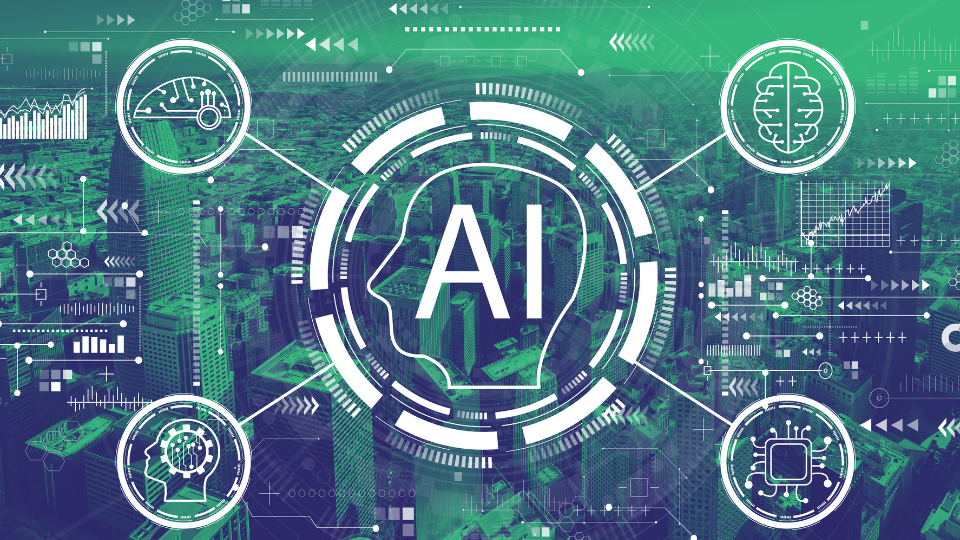AI has numerous applications in hospital beds that can significantly improve patient care, streamline processes, and enhance overall efficiency. Some key applications include:

- Predictive Analytics for Patient Monitoring: AI algorithms can analyze patient data in real-time, predicting potential health issues before they escalate. For instance, monitoring vital signs and using predictive analytics to anticipate deteriorations, thereby allowing medical staff to intervene early.
- Smart Beds: Beds embedded with AI sensors can monitor patient movements, vital signs, and sleep patterns. These beds can automatically adjust positions to prevent bedsores, optimize patient comfort, and alert nurses when a patient needs assistance.
- Fall Prevention and Detection: AI-powered sensors in beds can detect movements indicating a patient is attempting to get out of bed and alert healthcare staff to prevent falls. AI can also analyze patterns to predict when a patient might be at a higher risk of falling.
- Medication Management: AI can assist in medication administration by integrating with hospital systems to ensure the right medication is given to the right patient at the right time. This helps in reducing errors and improving patient safety.
- Optimizing Bed Allocation and Resource Management: AI algorithms can analyze patient admission and discharge patterns, as well as predict upcoming demand. This helps in optimizing bed allocation and resource management within the hospital, reducing waiting times and improving efficiency.
- Robotic Assistance: AI-powered robotic systems integrated into hospital beds can assist nurses in turning patients, changing bed linens, and even transporting patients within the hospital, reducing the physical strain on healthcare workers.
- Remote Monitoring and Telemedicine: AI-enabled beds can facilitate remote monitoring of patients, allowing healthcare providers to check on patients’ conditions from a distance. This is especially useful for post-operative care or monitoring patients with chronic conditions.
- Data Analysis and Decision Support: AI algorithms can analyze vast amounts of patient data to provide insights and decision support to healthcare providers. This helps in making more informed decisions about patient care plans and treatments.
- Emotional and Mental Health Support: AI-powered systems integrated into beds can provide personalized support, such as calming music or guided meditation, to help reduce patient stress and anxiety.
- Clinical Research and Development: AI can analyze data collected from various hospital beds to aid in clinical research, drug development, and the discovery of new treatment methods.

Implementing AI in hospital beds requires careful consideration of privacy, data security, and ethical concerns. However, when appropriately implemented, AI technologies have the potential to revolutionize patient care, improve outcomes, and enhance the overall hospital experience for both patients and healthcare providers.